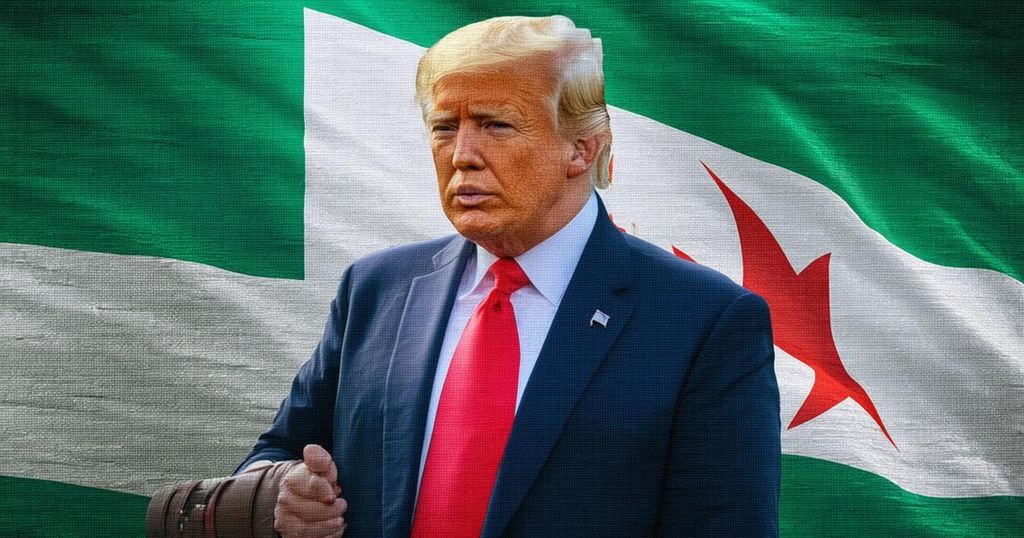The Gulf States’ Preference for Trump’s Return: A Strategic Calculation
Saudi Arabia and the UAE are expected to favor Donald Trump in the upcoming presidential election, as his prior administration significantly supported their regional ambitions. In contrast, Vice President Kamala Harris’s approach may pose challenges due to her likely diplomatic engagement with Iran and stricter stances on conflicts in Yemen and Sudan.
The Gulf states, particularly Saudi Arabia and the United Arab Emirates (UAE), are likely to favor Donald Trump’s potential return to the presidency as a means to strengthen their regional ambitions amid the ongoing instability attributed to the conflict between Israel and Hamas. The anticipated selection of Vice President Kamala Harris as the Democratic nominee would typically imply a preference for stability; however, her foreign policy inclination towards a stricter approach regarding conflicts in Yemen and Sudan, alongside potential diplomatic engagement with Iran, diverges from the Gulf monarchies’ geopolitical aspirations. Trump’s past administration provided substantial U.S. support to the Gulf, encompassing significant arms agreements and a hardline stance against Iran—elements that Harris is unlikely to replicate. Her administration would resurrect elements of the previous Obama administration’s policies, which might constrain Gulf states’ military and nuclear ambitions. Under the Trump administration, Saudi Crown Prince Mohammed bin Salman initiated negotiations for a comprehensive security pact with the U.S., suggesting intentions to normalize ties with Israel contingent upon advances toward Palestinian statehood. Moreover, Trump’s policies enabled the UAE to sign the Abraham Accords, enhancing its diplomatic and economic position within the region. In contrast, the Biden administration under Harris has indicated it would critically assess military sales to Saudi Arabia due to humanitarian concerns, which may present challenges to Riyadh’s defensive objectives against perceived Iranian threats. As Israel continues its military engagement in Gaza, both Gulf states find themselves navigating a complex landscape where their historical rivalry may deepen, particularly should one secure a more robust partnership with Washington under a Trump administration, thereby reshaping regional power dynamics. Thus, while both Saudi Arabia and the UAE may support Trump, such a shift could exacerbate their competition for U.S. favor and influence.
The article explores the geopolitical dynamics between the Gulf states, especially Saudi Arabia and the UAE, in relation to the upcoming U.S. presidential election. As tensions heighten due to the Israeli-Hamas conflict, the Gulf monarchies are strategically positioning themselves concerning potential U.S. administrations. It highlights Trump’s previous policies that favored Gulf interests and contrasts them with Vice President Harris’s anticipated diplomatic approach, which may not align with the Gulf states’ ambitions. The implications of these political maneuvers on regional stability and U.S.-Gulf relations are central to the discussion.
In summary, the Gulf states are likely to prefer Donald Trump’s candidacy for the presidency due to his history of supporting their military and geopolitical interests, particularly in their opposition to Iran. In contrast, Vice President Kamala Harris’s expected policies may conflict with the Gulf’s ambitions, potentially resulting in a more restrained U.S. posture regarding military sales and diplomatic relations. This preference stems from a broader strategy of enhancing regional influence, where both Saudi Arabia and the UAE may find themselves in a competitive dynamic, navigating complex international relations amid significant regional upheaval.
Original Source: foreignpolicy.com




Post Comment